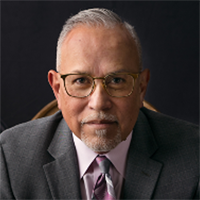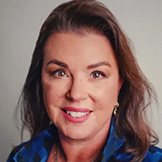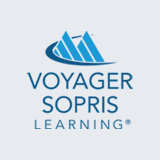Although much is now known about the reading brain and what can (and should) be done to help all students reach their potential as readers and writers, the chasm between research and practice remains wide.


Although much is now known about the reading brain and what can (and should) be done to help all students reach their potential as readers and writers, the chasm between research and practice remains wide.

Complete transparency: I do not have an administration certification in an official capacity. However, I do possess a unique perspective on the power and influence of those in educational leadership.

What was supposed to have been a routine Language Essentials for Teachers of Reading and Spelling (LETRS®) training session ended up being anything but typical when a terrible ice storm hit the south, leaving me stranded at the Dallas/Fort Worth airport for an entire day.

The wave of implementing sound walls into classroom instruction is rolling in quickly thanks to an awareness of what the science of reading is telling us about how the brain learns to read.

Wherever learning takes place, having a plan for explicit intervention instruction makes a difference.

When teachers are grounded in the WHY behind the day-to-day intentional instructional decisions that are made, student learning blossoms.
Add your email here to sign up for EDVIEW 360 blogs, webinars, and podcasts. We'll send you an email when new posts and episodes are published.